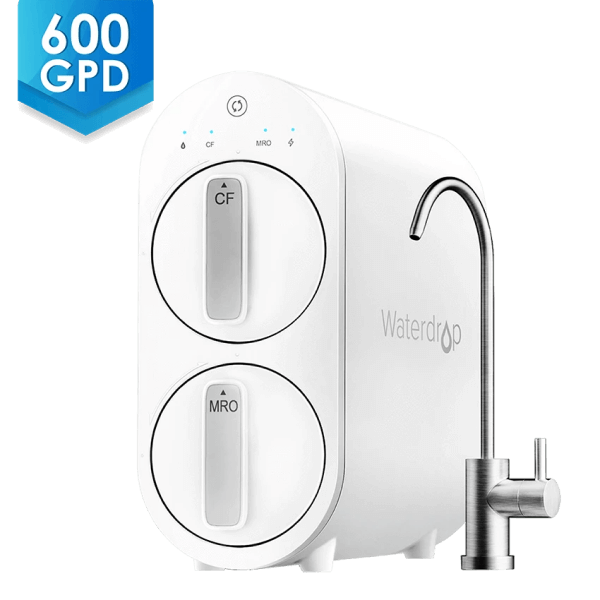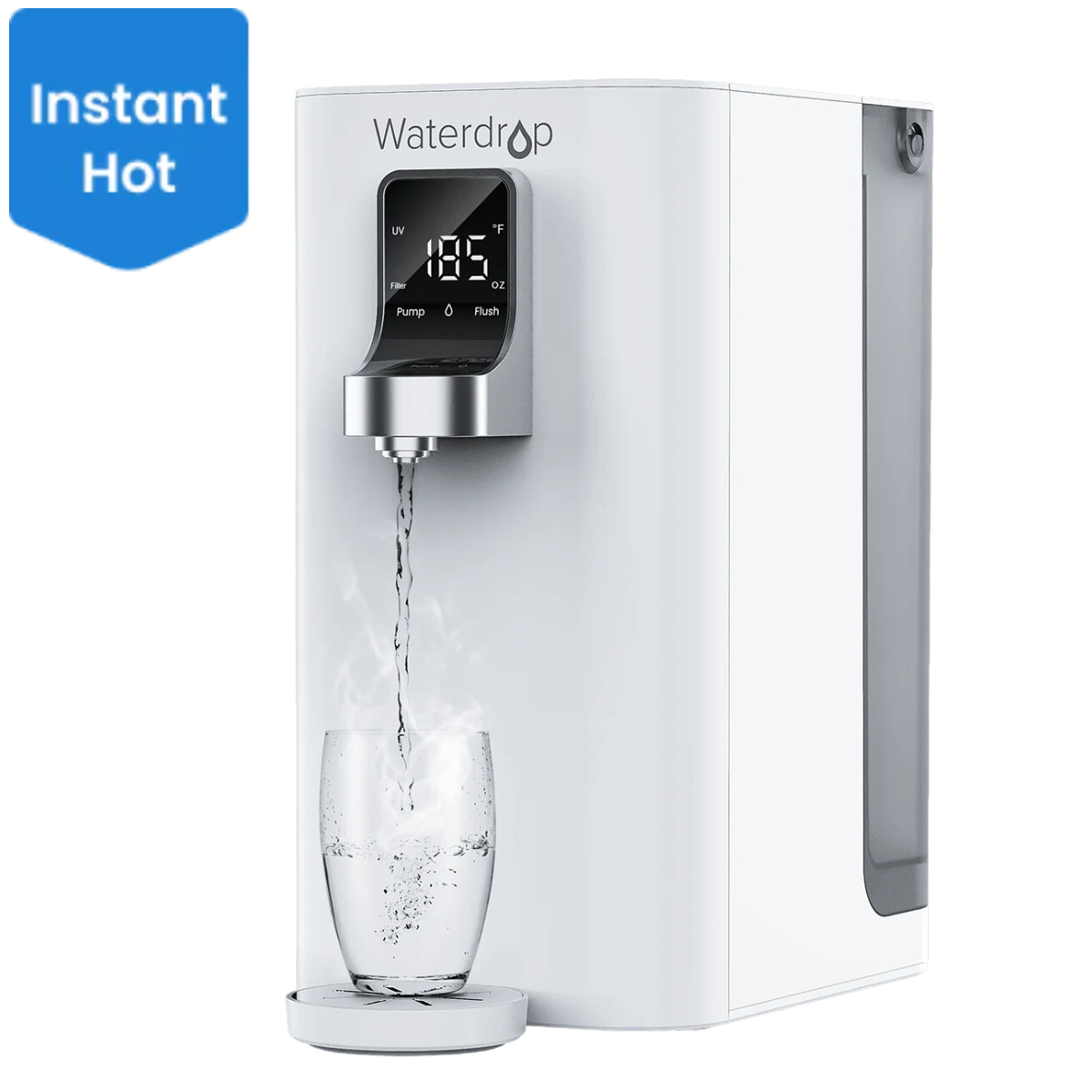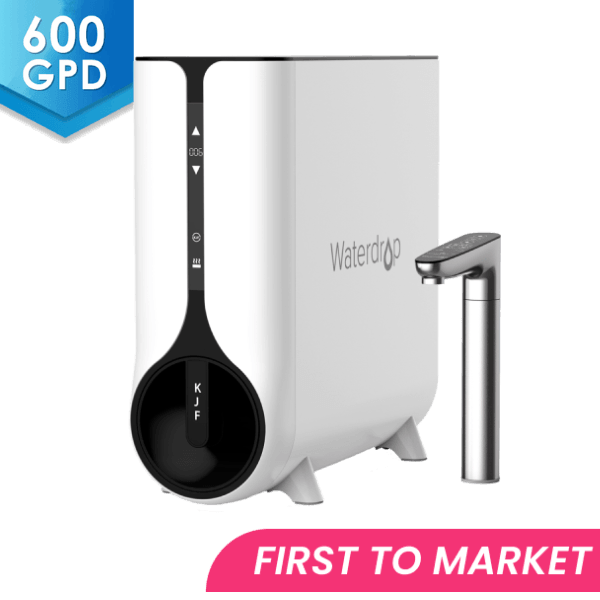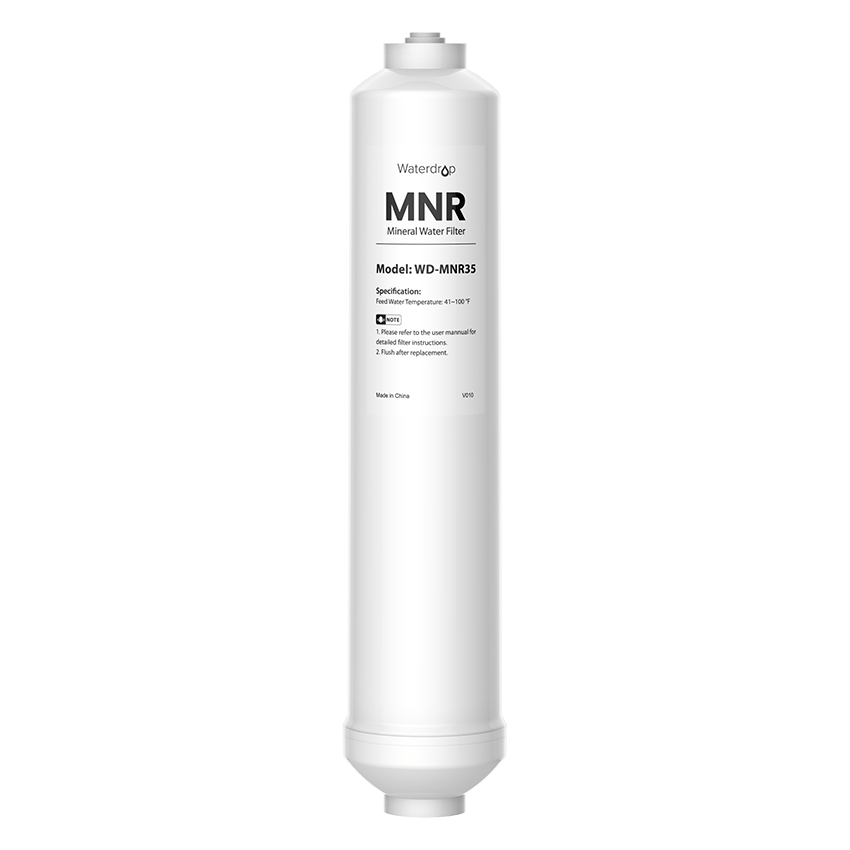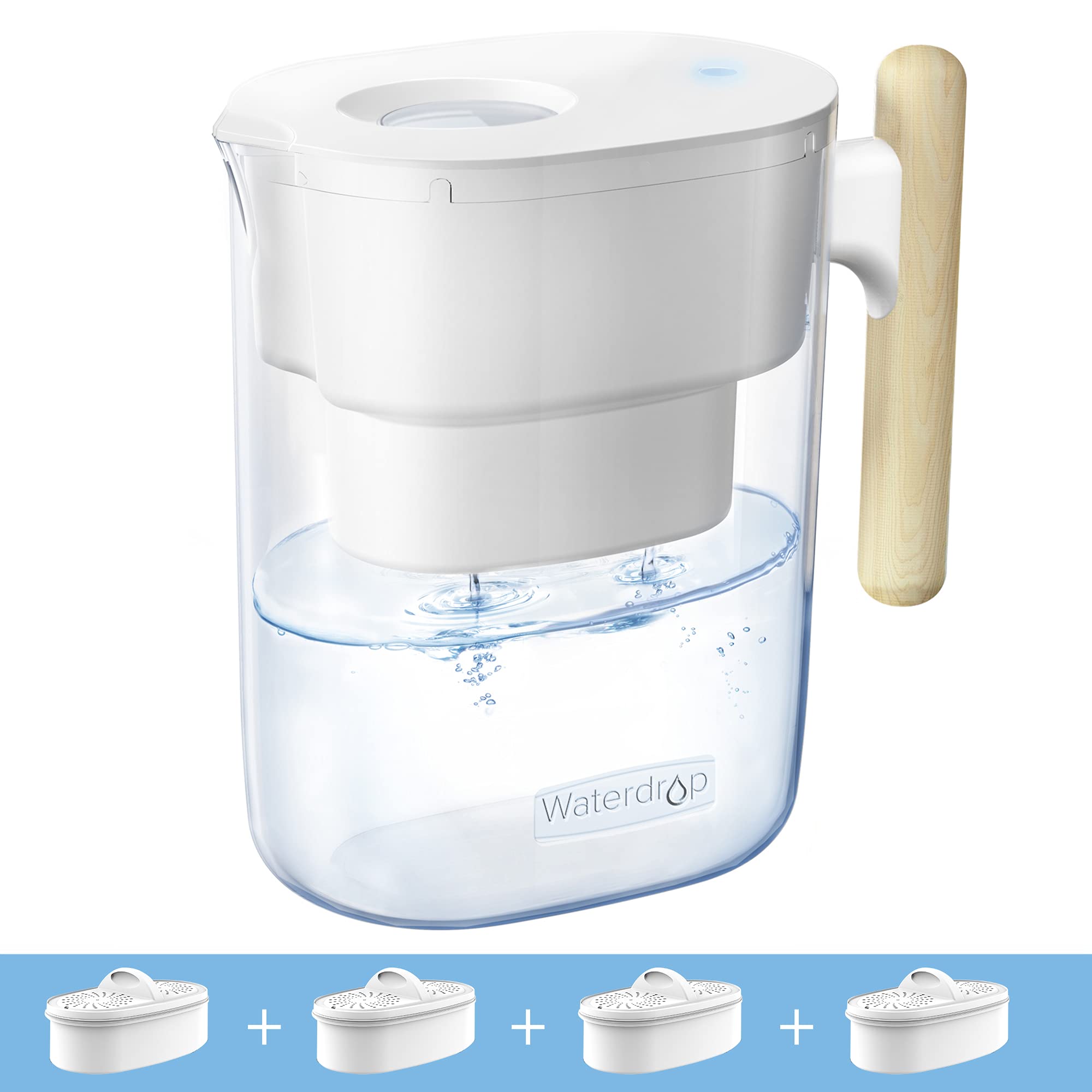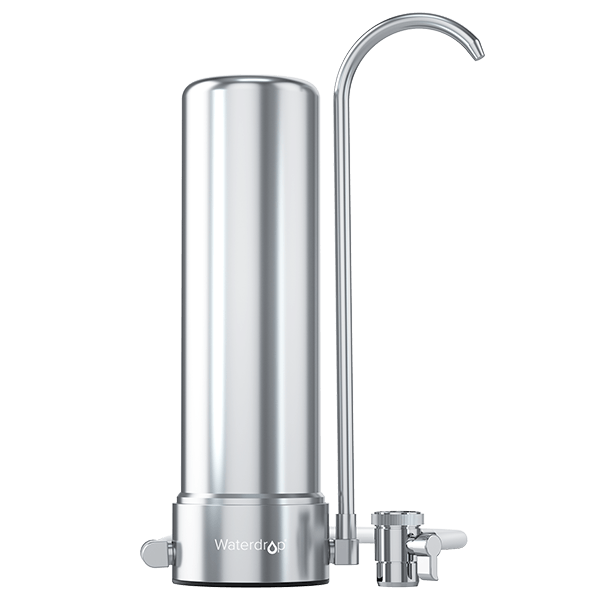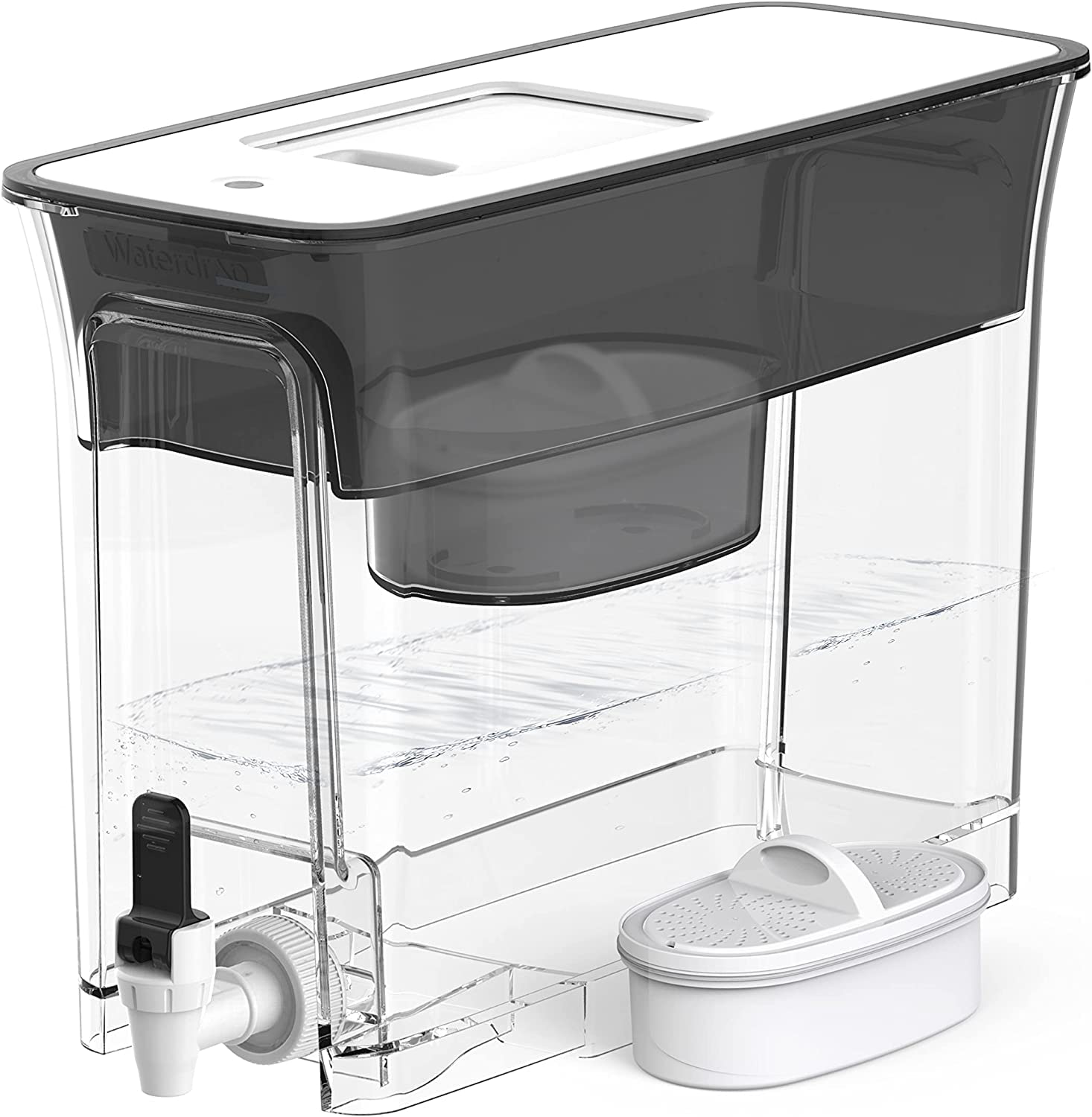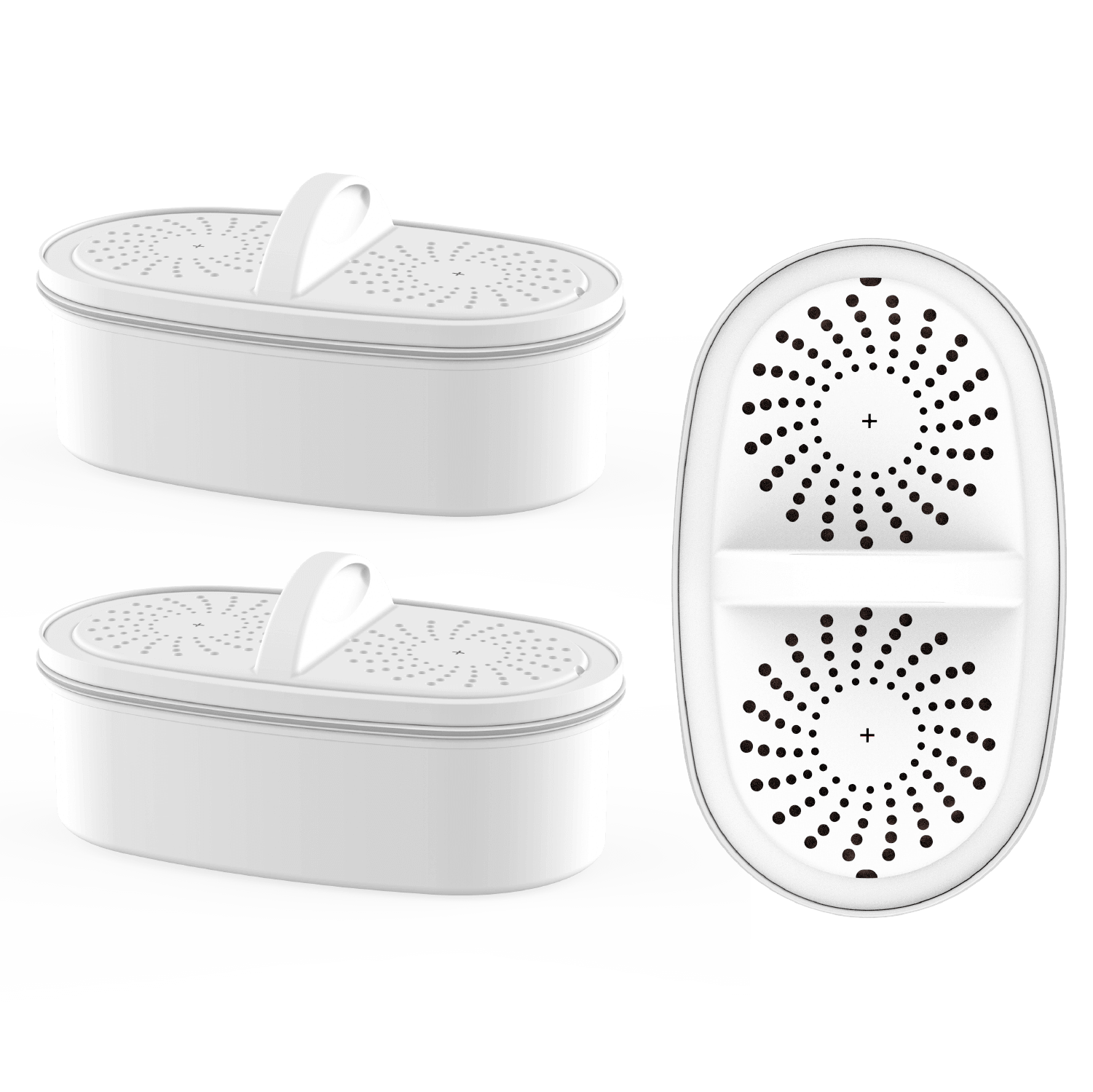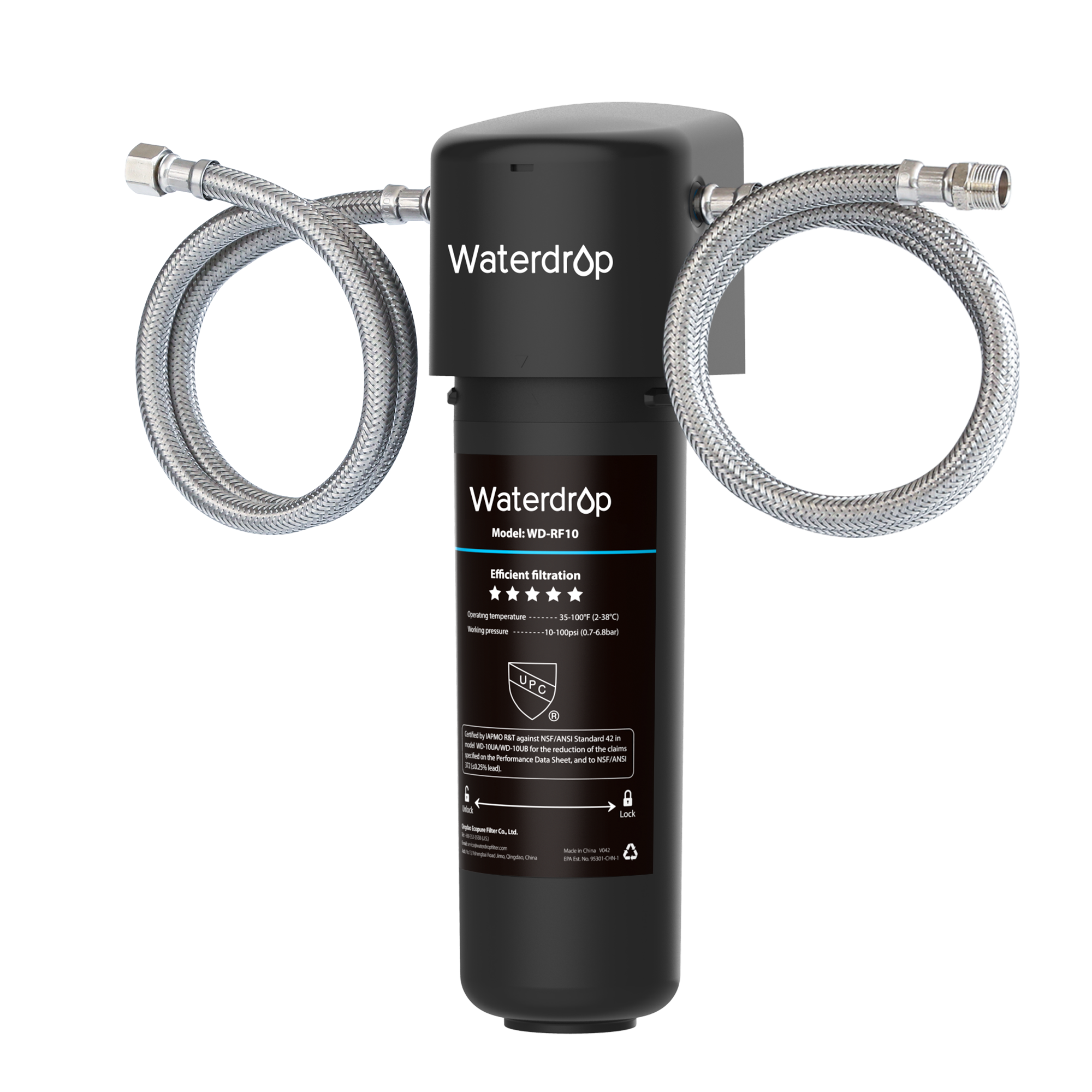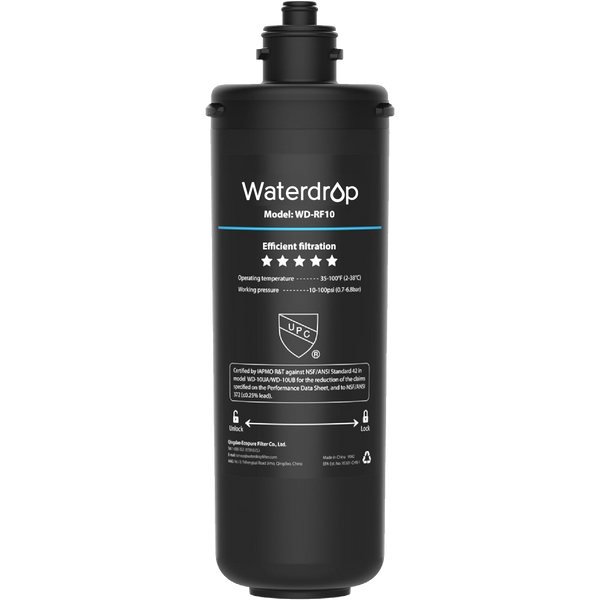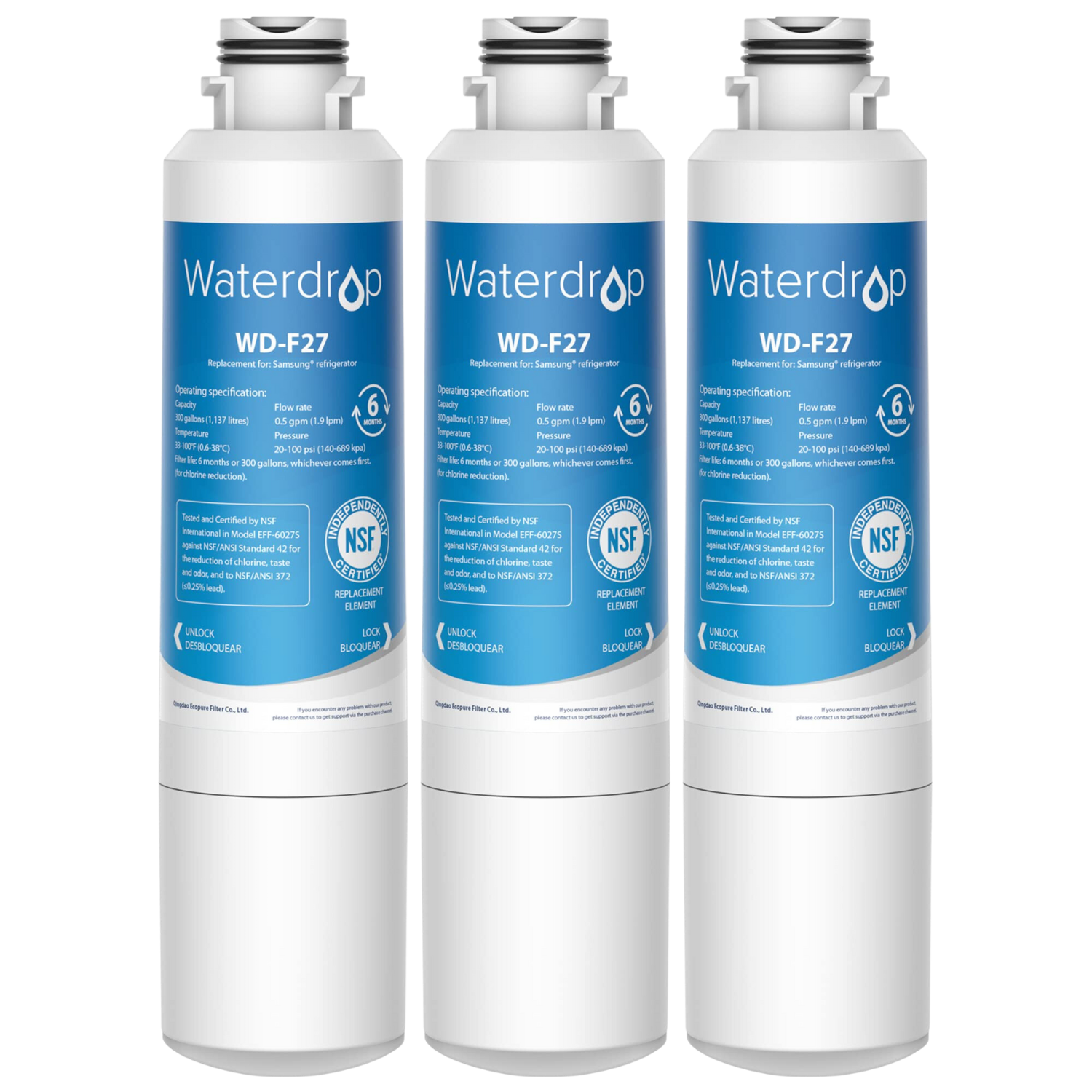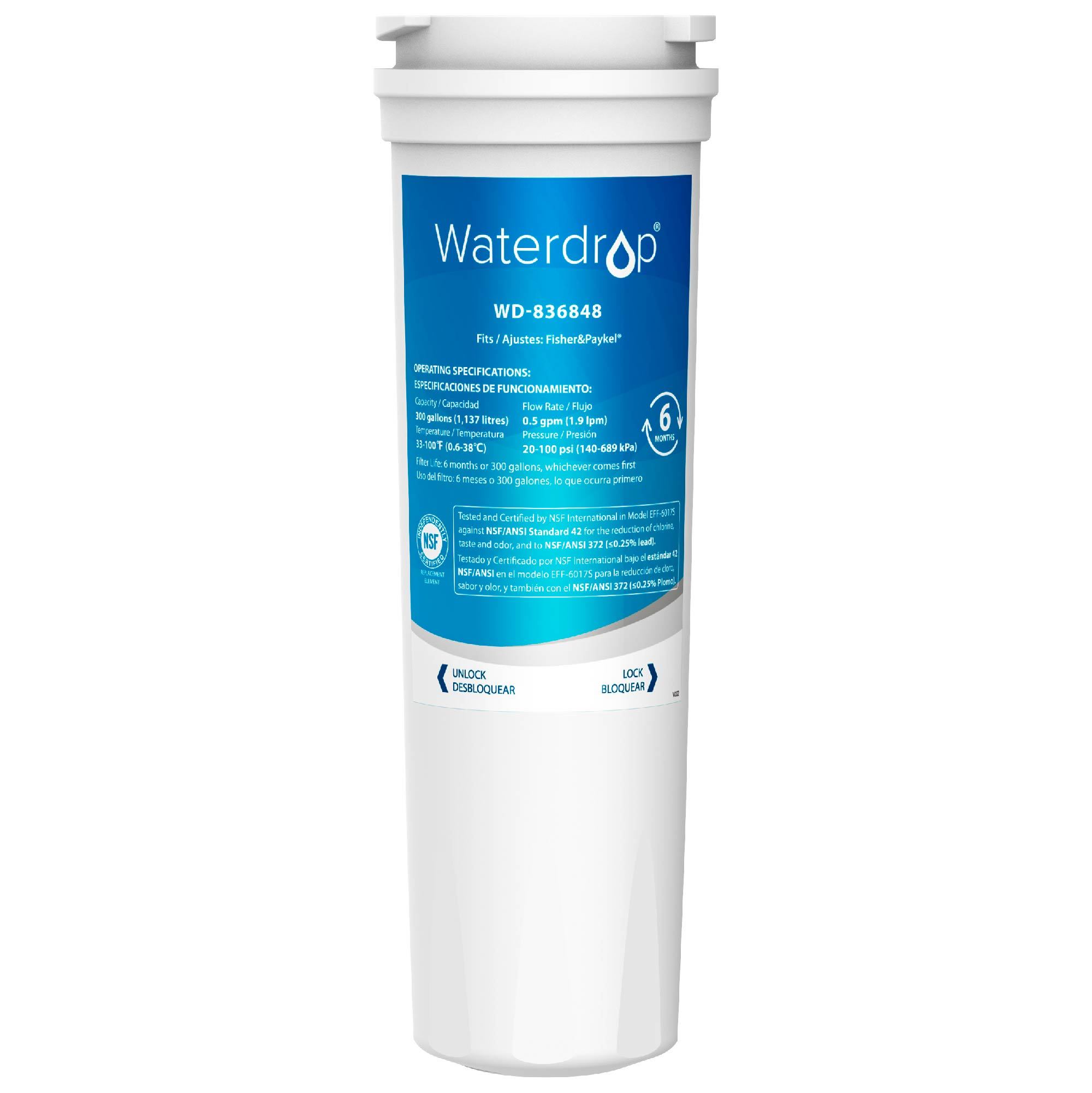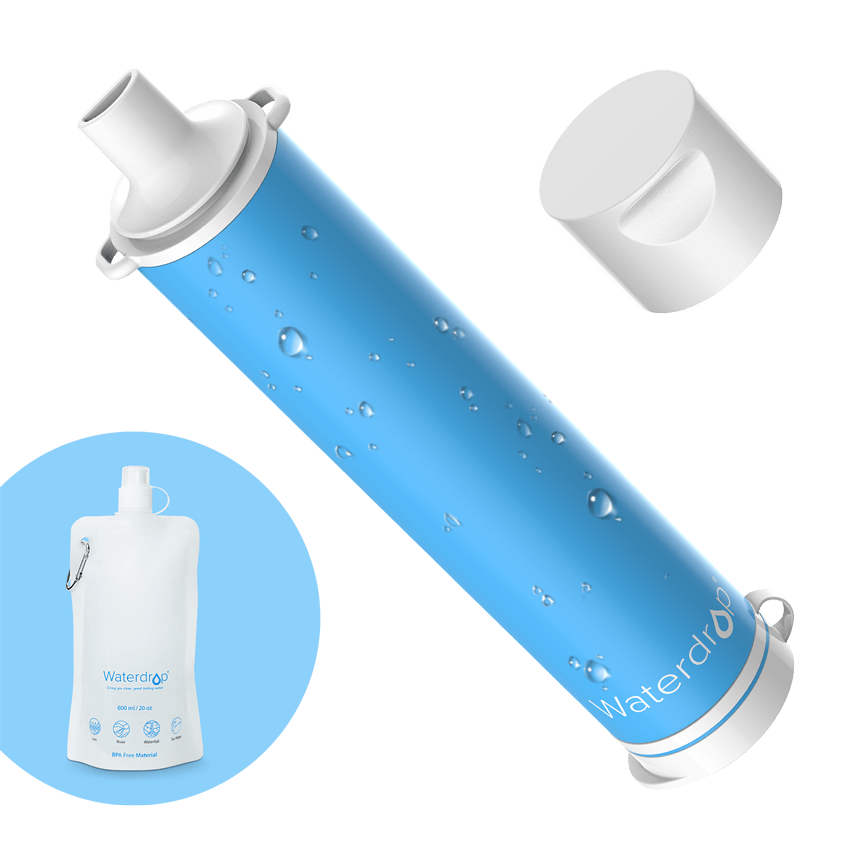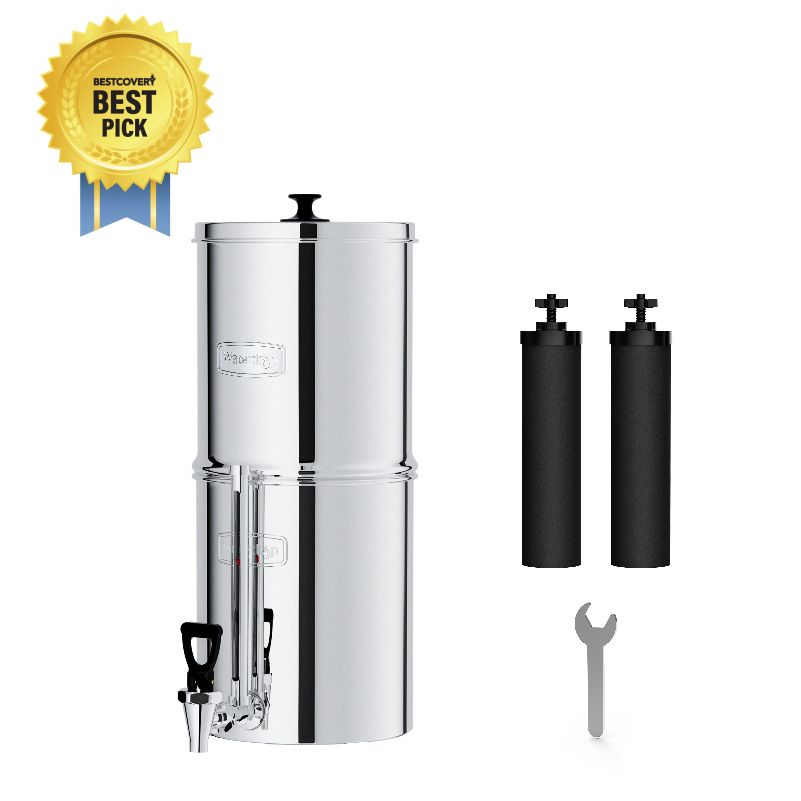Water Drinking Habits and Practices You Must Follow
by Dr. Jonathan Doyle - Updated December 01, 2021
The importance of drinking water needs no more discussion as the majority of people have learned. But how can we drink water correctly? What are some good drinking habits and practices that we should follow? You will find the answers in today’s article.
Best Time to Drink Water in A Day
According to experts, the ideal amount of water that people should drink every day is about 2 to 3 liters. The total amount of water intake should be spread throughout the day. Human bodies can self-regulate, meaning if you drink a certain amount of water, your body will get rid of the extra fluid through urine after a few hours. Therefore, even you drink a ton of water in the morning, the hydration would not last until the next day. This Is the Right Amount of Water You Should Take Daily.
Though there’s not a fixed time schedule for when to drink, below are some recommendations for your reference.
Right When You Wake Up
Since you do not drink water during sleep, you have already dehydrated when you wake up. Drinking water after you wake up can quench that thirst right away. More importantly, the first cup of water can also help balance your body and allow your body systems to get ready for the day.
Before and During A Meal
Drinking water before a meal can help lubricate your digestive system and get your stomach ready to work. If you are considering weight control, drinking a cup of water before the meal can naturally suppress your appetite and make you eat less. Instead of taking sugary beverages like soda or juice, drinking water is a healthy and great choice as it can help break down food without taking in any calories.
Before, During, and After Exercise
You should drink water before, during and after exercise. When people work out, they will sweat a lot, which leads to water and electrolytes loss. Thus, it is super important to drink enough water before, during and after exercising to keep your body hydrated. The water intake would replenish your lost fluids as well as lubricate your joints. If you want to learn more Which Is Better For An Athlete? this would help you to find the answer.
Anytime You Want to Drink
You should definitely drink whenever you want to drink, though it’s not recommended to wait until you feel thirsty to drink water, as your body has already dehydrated when your brain gets that “thirsty” signal.
Our bodies regulate the body water balance all day long, and excess water would be excreted out through our skin, lungs, kidneys, and digestive systems. Yet, it’s important to know that our body would only be able to eliminate a certain amount of water one time, therefore, you should not drink a lot of water at one time. Instead, breaking the whole water intake at different times of the day is easier to form a good drinking habit.
What Type of Water Should We Drink?
There are different types of water that are available to choose from, therefore, many people have questions regarding what type of water is the best to drink. Well, there’s no universal answer to this question as it is up to and personal health conditions and preferences. You can choose which type of water you’d like to drink based on the information below.
Tap Water
Tap water refers to the city municipal water that comes out of your kitchen faucet. This type of water has already been treated through public water treatment facilities before pumping into your home. Yet, to disinfect the raw water, multiple chemicals including chlorine would be added to the water and therefore lead to chemical residue problems.
Besides that, recent cases of the city water crisis suggest the risks of heavy metals contamination in water, which mostly are caused by the corroded piping system. Therefore, drinking tap water without any further treatment is not recommended here.
Purified Water
Purified water is water that is free from impurities through water treatment systems. The commonly used water treatment methods include reverse osmosis, ion change, and chemical disinfection. Through water purification processes, contaminants like chemical leftovers, bacteria, heavy metals, and parasites can all be effectively removed from the water.
Drinking purified water is highly recommended, it is not only a certain way to access safe drinking water but also a healthy and sustainable choice. Most of the purified water has already removed the bad taste and odor, making it easier to drink compared to normal tap water.
Distilled Water
The history of distilled water can be traced back to c. 200 CE. It is one of the oldest water purification methods to get pure water. The distillation process needs a heating source to boil water. When water steam rises up and touches the cold container surface, steam would turn to pure H2O and leaves the impurities behind.
Distilled water is very ideal for people who only want to consume pure water without any minerals. Though the water quality is undoubtedly good, nutritionists and experts do not advise the public to drink distilled water in a long run. Since distilled water is pure H2O, it lacks beneficial minerals like calcium and magnesium that are good for our bodies.
Alkaline Water
Alkaline water is water with a pH level higher than 7. The water’s pH level indicates the acidity of water ranging from 0 to 14. A pH level of 7 is considered neutral. Water with a pH level lower than 7 means "acidic." If it's higher than 7, it's "alkaline." Learn more on What You Should Know About Acidic and Alkaline Water.
Many alkaline water enthusiasts believe that drinking alkaline can provide our bodies with greater hydration and a series of other health benefits include boosted metabolism, improved digestion, enhanced bone strength, and so on. Though the real effects of alkaline water are still controversial, some of the benefits do have related scientific researches to back up.
If you have a water filtration system installed at home, you can simply add an alkaline water filter to access alkaline water easily. You can also purchase water filter pitchers with an alkaline water feature instead.
Conclusion
Only water that is free from contaminants and tasty should be consumed on a daily basis. Access to clean water is easy. Access to clean, safe, and healthy water is the goal. To achieve this goal, the investment of a water filtration system at home is necessary. The water filtration system is a secured way to protect your home water quality as well as long term insurance to prevent potential water risks.


